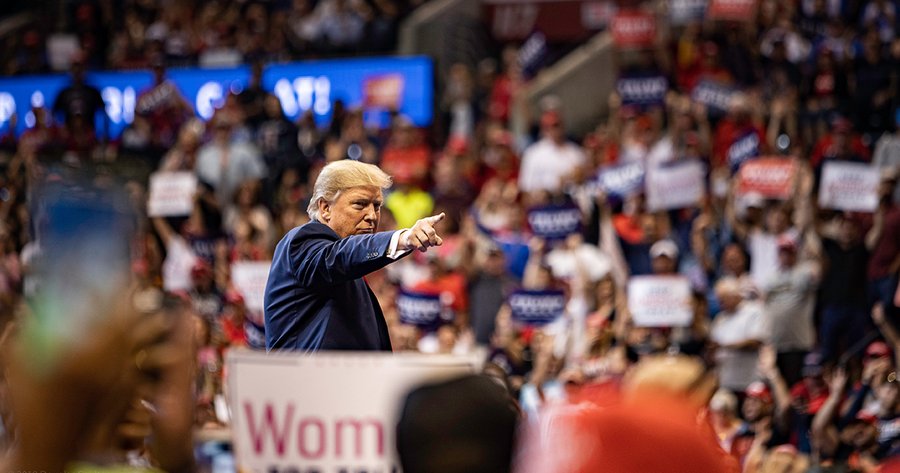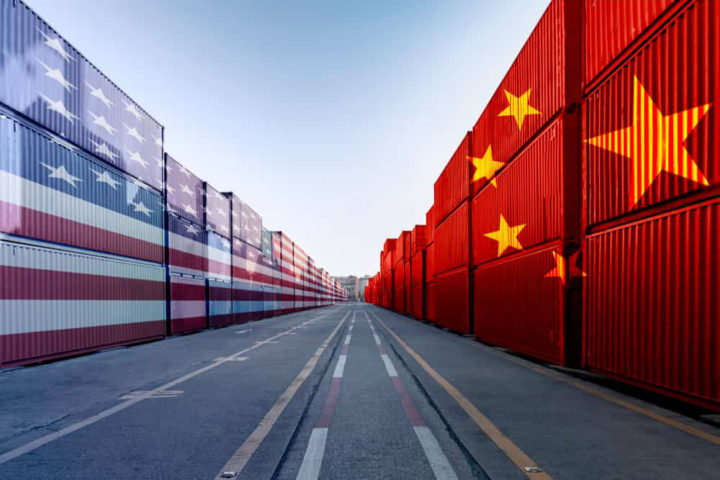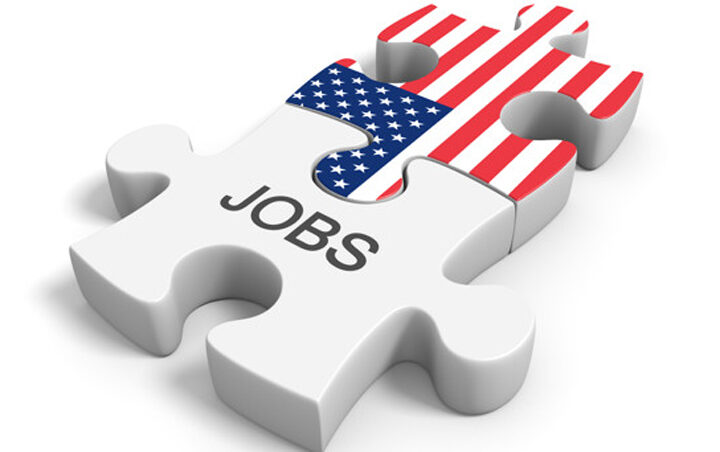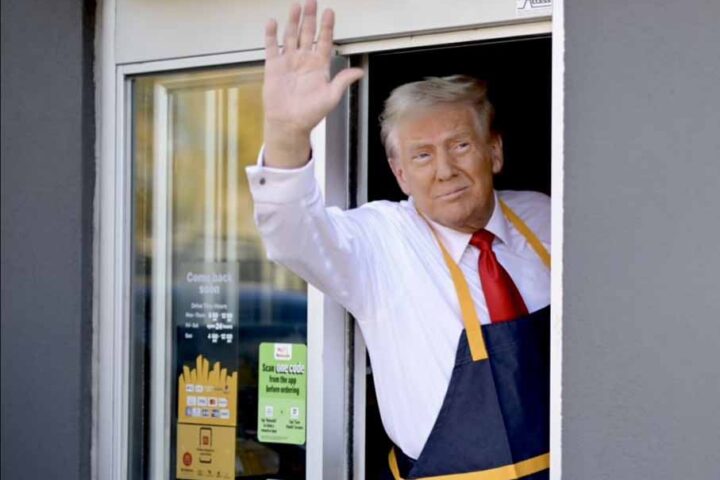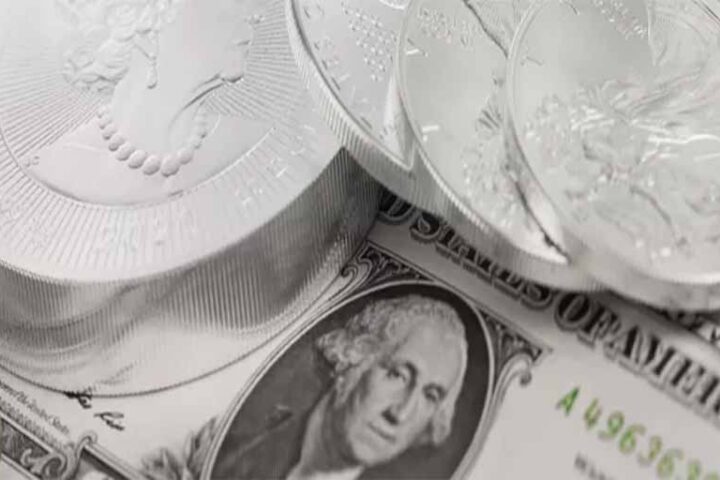Donald Trump’s first hundred days back in the White House have shaken financial markets with a force no US president has unleashed before – and the consequences are already rewriting the global economic order, warns the CEO of one of a leading independent financial advisory.
“The speed, scale and shock value of the Trump administration’s early moves have stunned investors and hammered traditional safe havens,” said Nigel Green, chief executive of the deVere Group.
“In just over three months, he has unleashed a new era of uncertainty, volatility and rapid transformation that’s reshaping markets in real time.
“Since Trump’s inauguration in January, his administration has moved aggressively to overhaul domestic institutions and international alliances. Tariffs have been slapped on strategic imports, sparking furious retaliation from major economies. The effective US tariff rate now stands at its highest level in over a century.”
Meanwhile, the newly created Department of Government Efficiency, led by billionaire Elon Musk, has overseen a dramatic gutting of the US civil service, mass contract cancellations, and the hollowing out of regulatory agencies.
As a result, the dollar has tumbled to a three-year low against major trading partners. Once the undisputed cornerstone of the world financial system, the greenback is now facing a crisis of confidence.
“Investors are beginning to question whether the US dollar can maintain its hegemonic status,” said Green.
“If Washington continues to weaponise its economic policies and undermine its own institutions, the shift away from the dollar could accelerate.”
The deVere CEO explained that trust in the dollar has long rested on the rule of law, geopolitical stability, and consistent economic leadership from the US. But as Trump dismantles alliances and governs by executive fiat, central banks and sovereign wealth funds are gradually diversifying their reserves.
“We’re already seeing early signs of de-dollarisation,” he warned.
“More trade is being conducted in yuan, euros, and even gold. If this trend gains traction, it will have profound implications for US borrowing costs, capital markets and the global economy.”
The fallout is already visible. Equity markets have been battered, said Green.
“The S&P 500 has fallen about 8% since Trump’s second inauguration – the worst early-term performance for any US president in nearly half a century.
“At the same time, investors seeking refuge have piled into gold, pushing it to multi-year highs, and into emerging market sovereign debt, despite rising default risks.
“The short-term outlook is more volatility, further dollar weakness, and continued pressure on multinational corporations that rely on global supply chains,” he said.
Medium-term threat
“The medium-term threat is even greater: a hard fragmentation of trade relationships and permanent shifts in investment flows.”
At the same time, America’s role as the linchpin of the world economic system is under serious threat.
Trump’s policies have eroded confidence in US leadership, pushed long-time allies to explore alternative alliances, and emboldened rival powers to challenge the post-war order that Washington built.
“Other major economies are now moving to reduce their exposure to the dollar-centric system. They no longer see it as safe, neutral, or reliable,” said Green.
“Once the credibility underpinning a reserve currency begins to erode, it rarely returns.”
While designed to streamline Washington bureaucracy, the Department of Government Efficiency initiative has triggered widespread confusion.
Layoffs have gutted key government departments, paralysing decision-making and weakening regulatory frameworks that underpin critical industries.
Musk’s appointment as head of Doge initially excited parts of the market, but his rapidly falling approval ratings have since weighed heavily on Tesla shares and broader tech sentiment.
“When a single unelected official wields such unchecked power over the federal apparatus, it destabilises both investor confidence and diplomatic alliances,” warned the deVere chief executive.
Consumer sentiment in the US has also dropped sharply, even as inflation edges lower.
Trump’s tough talk on taming price growth helped propel him back to office, but the global trade chaos he has triggered is feeding into fresh recession fears among American households.
He continued: “The danger now is a feedback loop: falling consumer confidence, sliding markets, weaker growth, and mounting political instability. Trump has set the global economy on a high-stakes, high-volatility path.”
Looking ahead, the deVere Group predicts that Trump’s policies could fundamentally alter capital markets. As trade alliances splinter and political risk premiums rise, investors will be forced to reassess the primacy of US assets — and the global reliance on the dollar itself.
In addition, new financial centres in Asia and Europe could draw an increasing share of global investment.
“Trump’s first 100 days have been a turning point,” Green concluded.
“Investors should remain diversified, rethink exposure to US-centric assets, and position for a world where economic nationalism and political unpredictability dominate. Ignoring this seismic shift would be perilous.”

